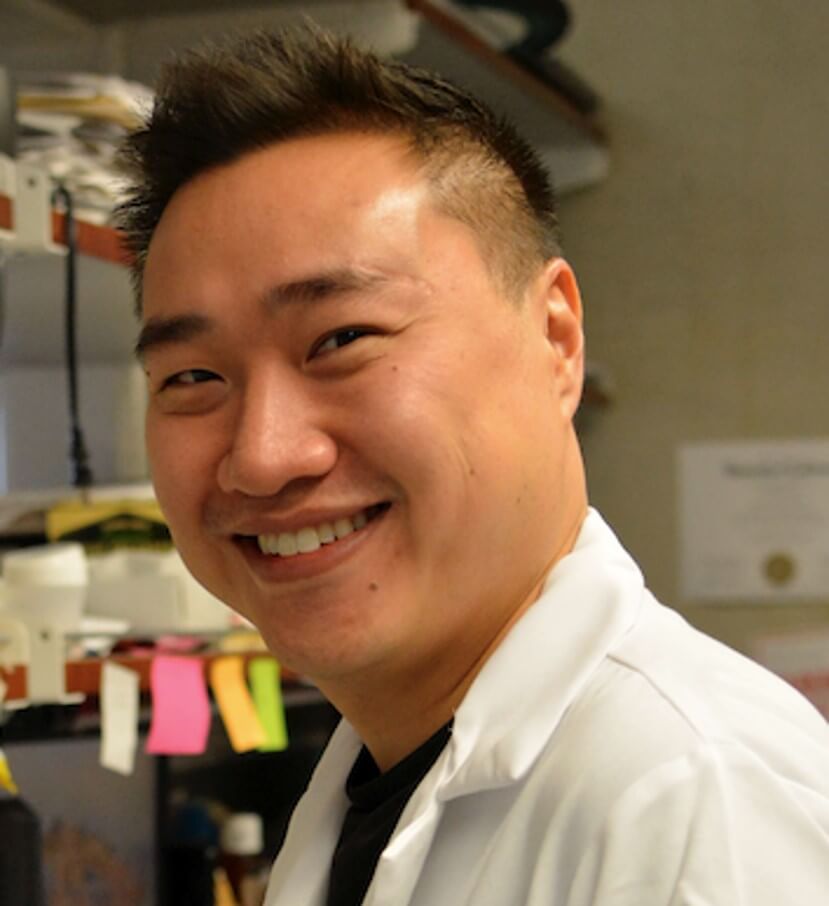Allen Wang, PhD, is an Associate Director of Single Cell Genomics at the Research Center for Epigenomics, University of California at San Diego (UCSD). He received his PhD in 2010 from University of California, Irvine where he studied cell chain formation in fungi. He joined Prof. Maike Sander’s lab at UCSD as a postdoctoral fellow to study pancreatic differentiation from stem cells, acquiring extensive expertise in developmental biology, stem cell engineering, epigenomics, and human genetics. In 2017, he joined the Research Center for Epigenomics as an Associate Director, responsible for managing multiple active collaborative projects with investigators on the UCSD campus. Dr. Wang is currently a co-PI for two active NIH grants. He will play a vital role in guiding his team to generate single cell RNA-seq and ATAC-seq data to determine different subpopulations of astrocytes and their ability to undergo engineered conversion to neurons in substantia nigra and striatum.
Co-Investigator
Allen Wang, PhD
University of California at San Diego
Allen Wang, PhD, is an Associate Director of Single Cell Genomics at the Research Center for Epigenomics, University of California at San Diego (UCSD). He received his PhD in 2010 from University of California, Irvine where he studied cell chain formation in fungi. He joined Prof. Maike Sander’s lab at UCSD as a postdoctoral fellow to study pancreatic differentiation from stem cells, acquiring extensive expertise in developmental biology, stem cell engineering, epigenomics, and human genetics. In 2017, he joined the Research Center for Epigenomics as an Associate Director, responsible for managing multiple active collaborative projects with investigators on the UCSD campus. Dr. Wang is currently a co-PI for two active NIH grants. He will play a vital role in guiding his team to generate single cell RNA-seq and ATAC-seq data to determine different subpopulations of astrocytes and their ability to undergo engineered conversion to neurons in substantia nigra and striatum.


